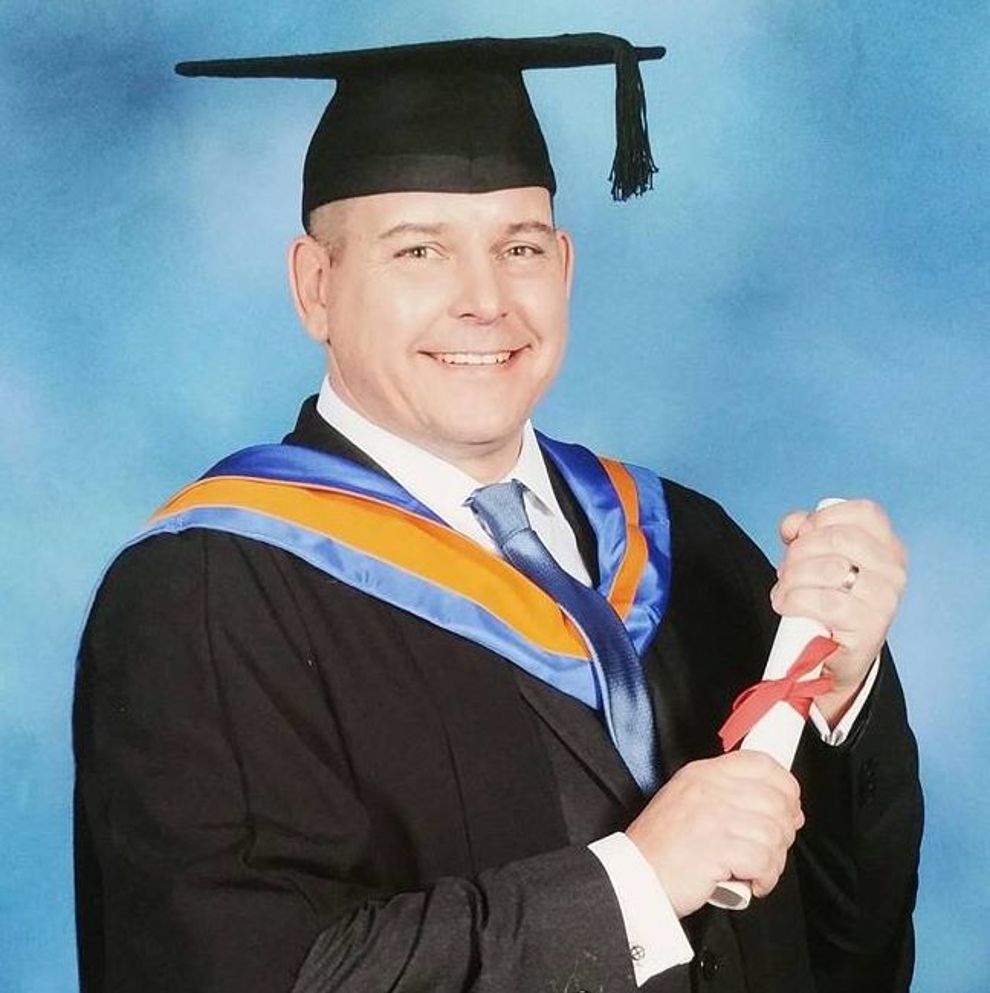PTSD Awareness Day takes place on 27th June, 2025. This internationally recognised day is used to highlight and improve awareness of PTSD (post-traumatic stress disorder).
What is PTSD?
Post-traumatic stress disorder, often abbreviated to PTSD, is a mental health condition caused by experiencing or witnessing a traumatic, stressful or frightening event.
Symptoms of PTSD tend to include, but are not limited to:
- Vivid flashbacks of frightening events
- Nightmares
- Problems with sleeping
- Repetitive, distressing thoughts
- Extreme alertness
There is also complex PTSD, which is when people may repeatedly experience traumatic events such as abuse, domestic violence, sexual abuse and warfare.
PTSD is often associated with military veterans, due to the traumatic nature of warfare. However, almost any traumatic event can cause PTSD such as witnessing a car crash, being robbed, suffering serious health problems, or experiencing a difficult childbirth.
How PTSD Can Affect Lives
Blesma Member Mark Smith spent nine years serving in the British Armed Forces, from 1988 to 1997. During that time, Mark carried out armoured Infantry duties in Germany and operational tours in the Gulf War, Northern Ireland, and Bosnia.
Upon his return to civilian life, Mark exclaimed:
I had a lot of problems when I left the military and my marriage fell apart. I suffered with drink, drugs, anger issues and a few mental health problems as well. I had quite a few years on ‘the other side of the fence’. I was getting into trouble, spiralling downhill, and I ended up with a spell of homelessness as well. Following a suicide attempt, a psychiatrist took me on and diagnosed me with PTSD as a result of my military service.

That was the turning point for me, because after a few years of these issues I finally knew why I was how I was. Having a diagnosis gave me the kickstart I needed, and really helped me put into place where I was with my mental health.
Mark went on to study Counselling and Psychology at university, while also studying an additional module for veterans, with a focus on PTSD. He also started doing volunteer work including counselling at a family support centre and case work for SSAFA, where he came into contact with other veterans suffering from PTSD.
One thing I noticed was that many veterans don’t reach out until the very last point when it comes to their mental health, which can make NHS waiting lists frustrating for them to deal with when they need help there and then.
While studying, Mark was dealt another blow. He suffered from diabetes and started to get nerve damage in his toes, which led to a severe infection and then sepsis. This resulted in Mark having a knee amputation.
As a result, Mark had to take a year off studying to heal, but he was soon back studying and graduated. Mark has now gone on to set up his own private counselling practice.
As a veteran suffering the loss of a limb, Blesma were able to help Mark apply for a grant for his business.
I can’t thank Blesma enough for that kickstart because without it, I don’t know where I’d be now. I’d have probably struggled on, but I didn’t need to struggle. It was just that one thing that meant so much, so thank you!
How To Observe PTSD Awareness Day
There are a number of ways you can support those affected by PTSD, and help reduce the stigma around mental health.
1. Learn more about the symptoms of PTSD
Make sure to educate yourself about the symptoms, causes and treatments for PTSD. As a result, you might want to strike up conversations with family members, friends and colleagues surrounding mental health.
It can also be beneficial watching documentaries about PTSD and reading personal stories of people affected by PTSD.
2. Share #PTSDAwarenessDay on social media channels
If you’re on social media platforms such as Facebook, Instagram, X, BlueSky or TikTok you could use the hashtag #PTSDAwarenessDay on 27th June, 2025.
You could also share posts from charitable organisations such as Combat Stress or PTSD UK.
3. Clue up on what mental health services are available
If you are suffering from PTSD or know somebody who is, it’s always best to ensure you are aware of what mental health services are available to you.
- You can call the NHS Urgent Mental Health Helpline on 111 which is available 24 hours.
- You can also call the Samaritans freephone on 116 123 which is available 24 hours or email jo@samaritans.org to access confidential emotional support
- Togetherall is a safe, online portal providing access to resources related to anxiety, depression and other common mental health issues.
There are also additional mental health services available to veterans including Combat Stress, Veterans Gateway and Shout.
Mental health Services For Veterans
If you're a Member of Blesma you can access to our free counselling service. If you're not a Member of Blesma, but you are an injured or limbless veteran, you can apply to be a Member.
4. Fundraise or donate to a charity of your choice
Another way to commemorate PTSD Awareness Day is by fundraising or donating directly to a charity who helps people affected by PTSD.
At Blesma, we support limbless and injured veterans for the duration of their lives.
We can help
We are dedicated to assisting serving and ex-Service men and women who have suffered life-changing limb loss or the use of a limb, an eye or sight. We support these men and women in their communities throughout the UK. Click the link below to find out the different kinds of support we offer.
Get Support